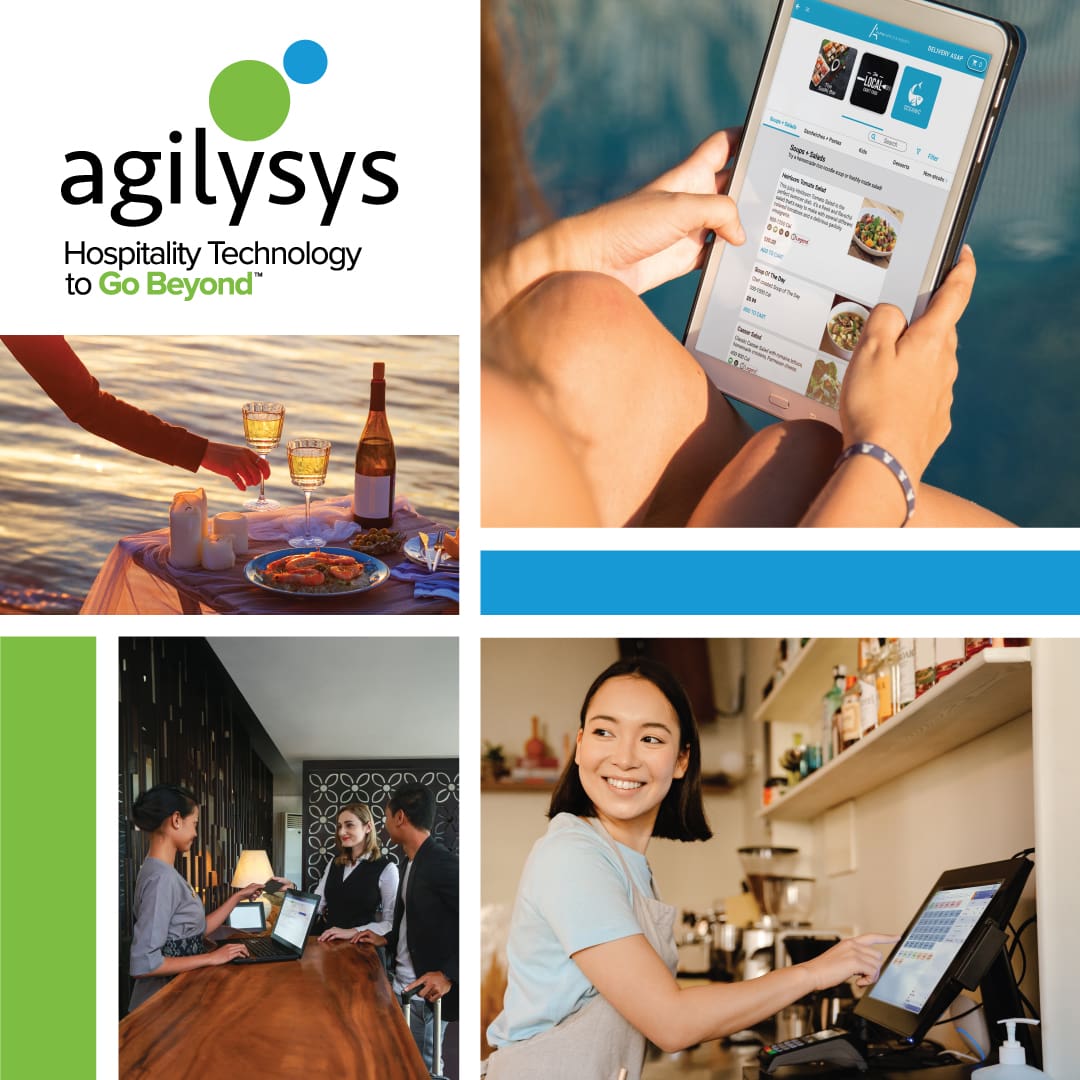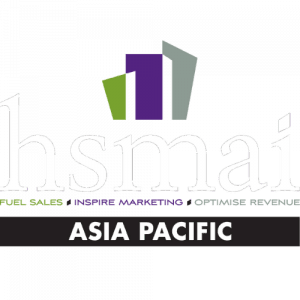
Key Drivers of Change in the Hotel Industry for 2025
Ultra-personalisation is no longer a luxury – it’s an everyday expectation. In today’s world, people enjoy seamless, personalised experiences at their fingertips, often without even realising it. Take Grab, for example. With just a tap, users can book a taxi anywhere, anytime. But it doesn’t stop there. If you regularly book a ride at 8am on weekdays, Grab learns this routine and sends timely reminders – sometimes even offering a discount. It gets to know your habits, preferences, and even the type of vehicle you prefer – whether it’s electric or an XL.
This level of intuitive service has become the norm across many platforms, quietly making our lives easier. Contrast this with the old days of calling a cab company and hoping someone would show up. Now, apps anticipate our needs, refining the experience with every interaction.
Apps like Grab and Uber disrupted the taxi industry – now it’s time for hotels to shake up hospitality in the same way.
Many hotels still operate with outdated systems and mindsets. Most continue to focus on Revenue per Available Room (RevPAR), which limits potential profit to just the guest’s room. Instead, the industry needs to shift toward Revenue per Available Guest (RevPAG), which considers the full guest journey and ancillary revenue opportunities – think spa treatments, golf sessions, restaurant bookings, and bar spend.
This shift isn’t optional for hotels that want to remain competitive – it’s essential. Modern Property Management Systems (PMS) make it possible. These systems don’t just process bookings; they gather data to build a Unified Guest Profile. While this profile isn’t a technology in itself, it’s powered by PMS data to create a complete view of each guest – their preferences, history, and habits. And the more they stay or return, the smarter the system becomes.
Imagine a guest who selects “vegetarian” in their booking. A well-integrated PMS picks this up and can trigger personalised emails or app notifications – perhaps promoting a three-course vegetarian meal at the hotel restaurant. Compare that to sending the same guest a steakhouse menu – impersonal and ineffective. But when you know your guest, tailored offers feel thoughtful, increasing both satisfaction and spend.
Without a modern PMS, none of this is possible. Outdated and disconnected systems – what’s often referred to as technical debt – don’t speak to each other. Picture this: a guest books a 5:30pm massage at the hotel spa, but also has a 6pm dinner reservation. A modern PMS would flag this scheduling clash. The restaurant could be notified, freeing up the table or allowing the guest to rebook. A simple notification can avoid frustration and ensure a smooth experience.
Without that? The guest misses dinner, scrambles for options, and leaves with a less-than-perfect impression.
It’s essential for guests to feel heard and valued – this not only boosts satisfaction but significantly increases the likelihood of rebooking and greater spending across the property. Equally important is the time saved when a PMS takes over routine tasks. It simply isn’t feasible for staff to manually comb through every booking to extract preferences, birthdays, anniversaries, and create personalised experiences. Even if time allowed, it wouldn’t be the best use of their talents. Hotels should instead focus on what truly matters to guests.
The Agilysys 2024 APAC Hospitality Impact Study revealed that small touches leave the biggest impression: 46% of travellers value friendly staff who go the extra mile to make their stay memorable; 30% appreciate when staff recall previous conversations; and 27% feel valued when addressed by name.
Technology plays a critical role, but the human touch still matters. Guests want warm, helpful interactions – not just automation. When tech-powered insights are paired with meaningful service, hotels can deliver truly memorable stays. PMS frees up staff to do what they do best: make guests feel at home. Meanwhile, the technology runs quietly in the background, pushing tailored promotions and managing operations seamlessly. This partnership between people and technology sets hotels up for long-term success.
With 63% of guests enjoying their stay but not rebooking (according to the Agilysys 2024 APAC Hospitality Impact Study), hoteliers need to ask: what would encourage guests to return? The answer lies in both staff interaction and tailored experiences. In fact, 73% of APAC travellers said personalised experiences would motivate them to rebook.
Both of these are made easier with a modern PMS – freeing up staff time so they can be more available, attentive, and guest-focused. Ultra-personalisation today isn’t just about pleasing the guest – it’s about operational efficiency, deeper satisfaction, and lasting loyalty. The technology is ready. It’s time hotels caught up.

